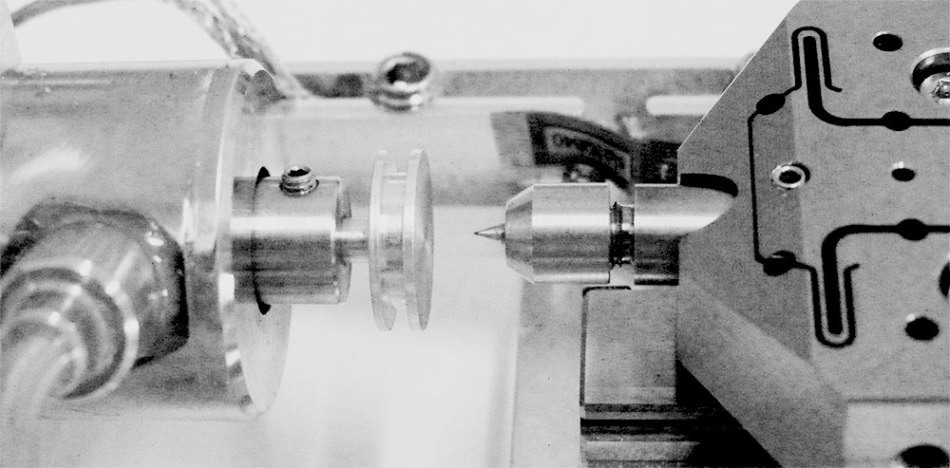The compact and versatile Alemnis nanoindenter can be combined with a range of testing and imaging equipment and used in a variety of installations.
The Alemnis nanoindenter is well-suited for in-situ use with Scanning Electron Microscopes (SEM), as well as for in-air use with, for example, light microscopes or Synchrotron beamlines.
Additionally, it is the only commercially available instrument providing true displacement controlled mode which offers incomparable flexibility, accuracy, and true in-situ nanomechanical testing of several materials and in various applications.
The basic nanoindenter can be completely retrofitted with upgrade modules for dynamic mechanical testing under high strain rates and severe temperature conditions.
Main Specifications
- Primary indentation mode: True displacement
- Customizable software
- Standalone instrument, operating in SEM or in ambient
- Maximum indentation load: 0.5 N (standard) and 2.5 N (optional)
- Indentation load RMS noise: 4 µN* (0.5 N range) and 20 µN* (2.5 N range)
- Maximum indentation depth: 40 µm
- Indentation depth RMS noise: 1 nm*
- XY closed loop sample micro-positioning system with 26 mm range
- Z closed loop indenter tip micro-positioning system with 22 mm range
- XYZ micro-positioning system resolution: 1.2 nm
- Maximum recommended test area: 10 x 10 mm
- Heating/Cooling Options: -120°C up to 1000°C
- Strain Rate Options: controlled strain rate up to 10,000 s-1
- Weight: ~500 g
*Typical values in a stable SEM environment
